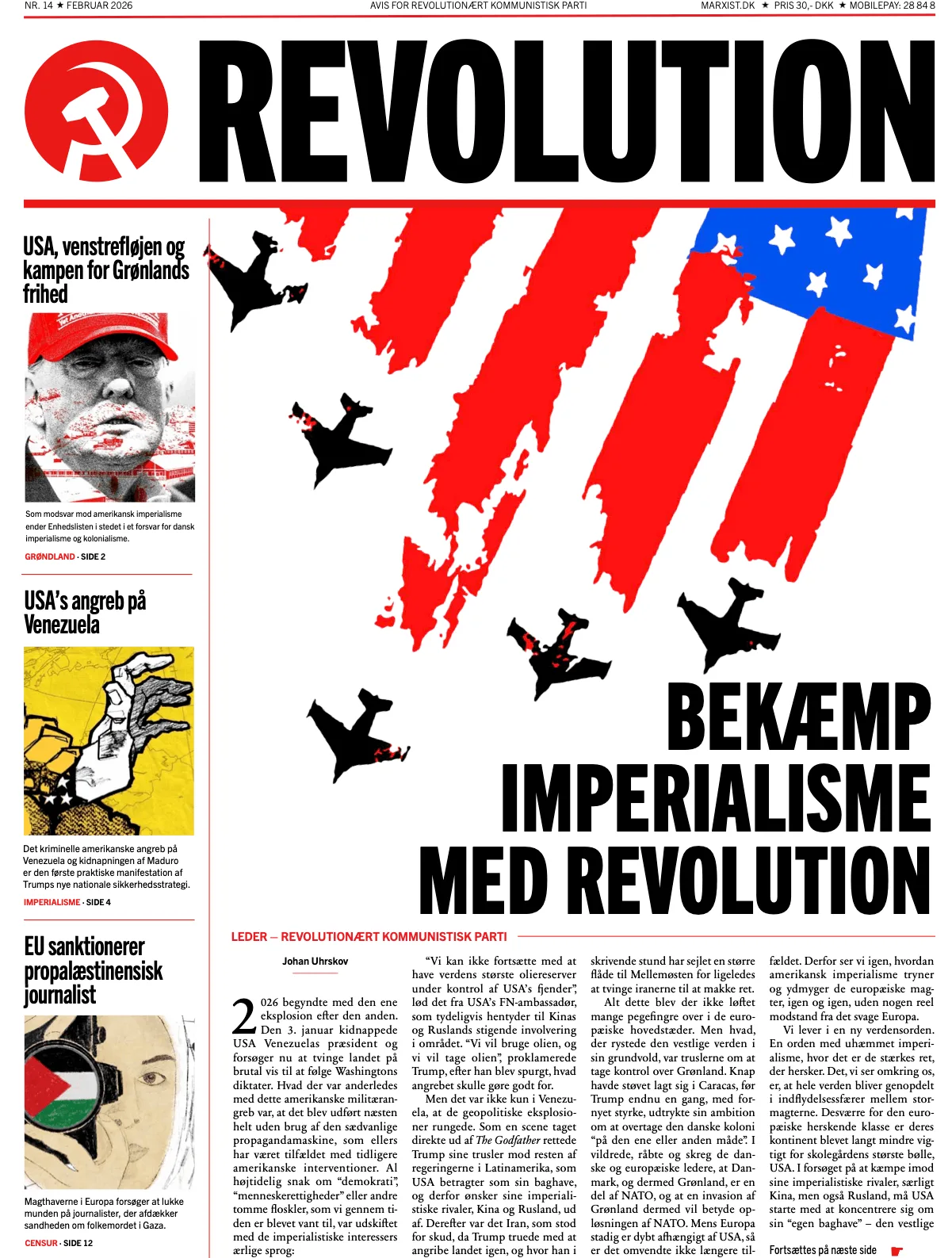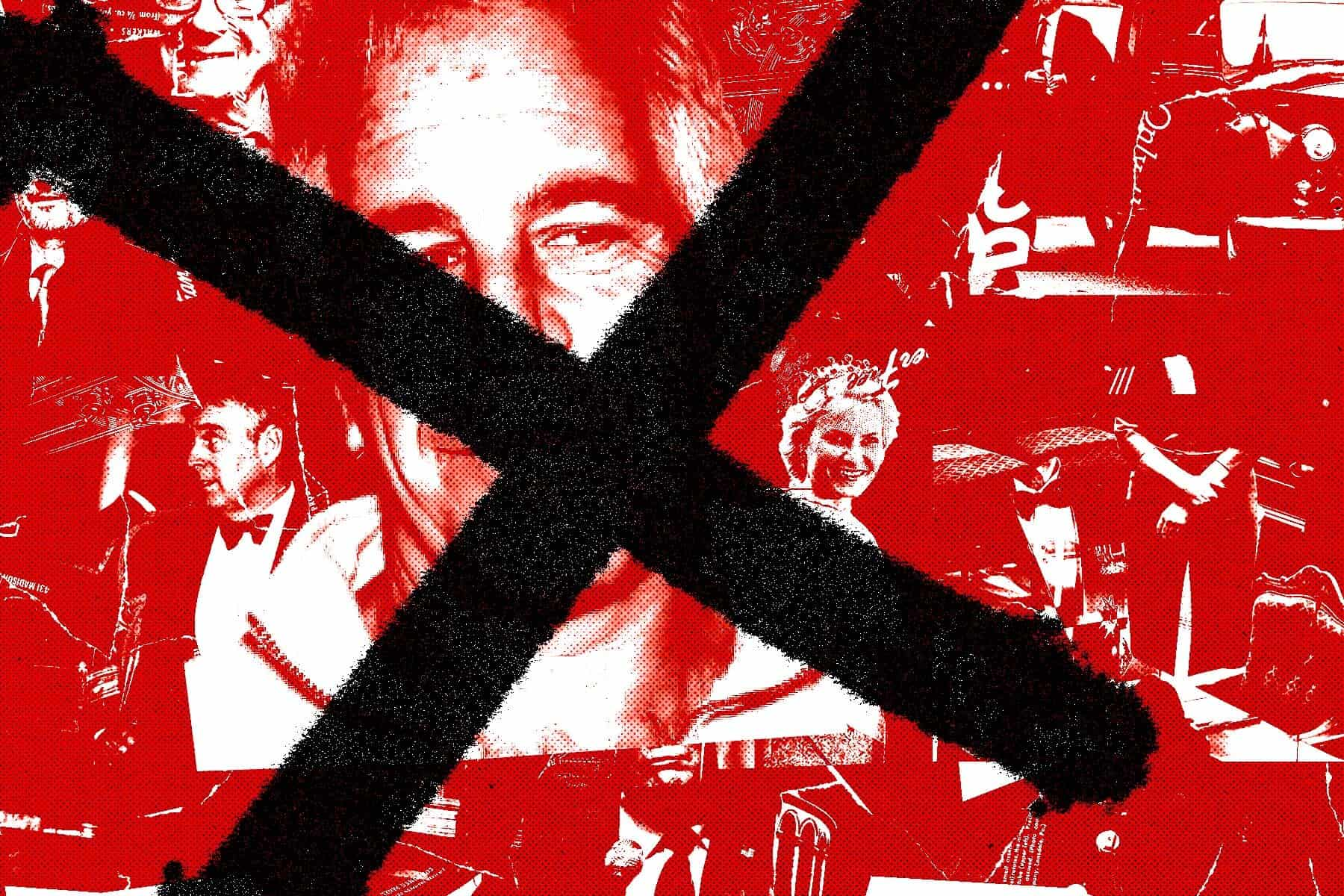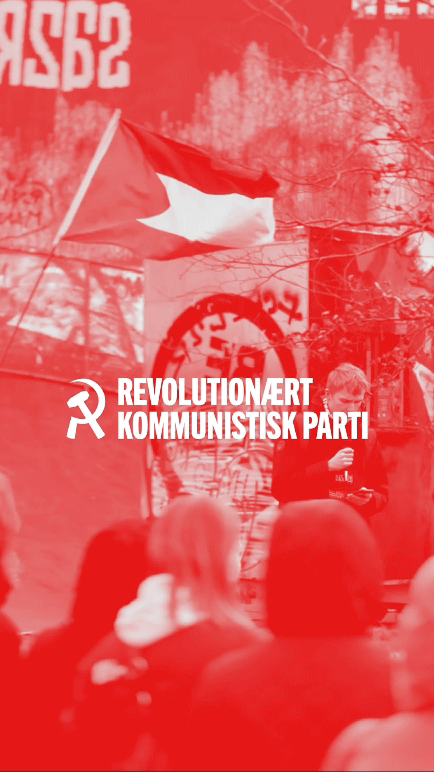After years of austerity and cuts (annual 2% cuts), education is being undermined at every turn, while the current pandemic and the unfolding economic crisis are affecting the quality of the education and putting strain on the shoulders of the youth. International students, who in “normal times” have to take up precarious jobs to make ends meet or even pay for their education, lose their jobs and face uncertainty.
A recent example underlines the unfair and exploitative treatment of the international students from the state:
Since the introduction of a partial lockdown on the 13th of March, all the universities have remained closed and have been trying to reorganize as much of the teaching as possible into virtual lessons. The limitations imposed by online teaching affect every university to a varying degree. Inevitably, universities with a highly practical curriculum, such as music conservatories and technical schools, cannot offer the same quality of lessons, despite the teachers’ efforts. The guideline from the government is to push towards the final exams and completion of the semester, so that institutions will avoid repeating it and thus spending more money than necessary. Instead of defending their students, administrations blindly follow governmental orders and end up implementing measures that undermine the quality of the education and the interests of the students.
In this situation, international students (especially Non-EU internationals) are particularly affected. Non-EU students are obliged to pay fees for lessons they are currently not receiving. They also lack the right to extend their studies[ML4] , and are thus forced to leave Denmark when their classes finish without having received the teaching they paid for. To make things worse, having to leave in the middle of an economic crisis adds even more concerns to their uncertain future. Many of them have seen their incomes collapse since the lockdown was implemented as their precarious jobs at bars, cafes and restaurants are now unavailable.
In contrast to the non-EU students, EU students can obtain SU by working a minimum of 10 hours a week, but nonetheless remain in fear of losing their jobs during the lockdown and the economic crisis. Even though Styrelsen for Institutioner og Uddannelsesstøtte, which administers SU, has promised to sustain funding, there have been cases of students asked to return money because they could not fulfill the 10 hours requirement since the lockdown. As this article explains, a student was asked to return SU for an 8 month period – the equivalent of DKK 50 000 – for the “crime” of being sacked during the lockdown.
This situation outlines the exploitation of international students by the Danish educational system and the role of education in capitalism. For many years, the Danish state has resorted to state racism to divide Danish and foreign workers and youth, and turn them against each other. In terms of education, international students do not have the same rights as Danes. EU internationals are in a slightly better position than their non-EU counterparts, but neither group find themselves on an even footing with Danes. The economic pressure of paying their bills forces international students to seek a job, either for the modest pay itself or, preferably, in order to qualify for SU. This is a situation that many bosses take advantage of, as the threat of being fired or receiving less than 10 hours of work per week can persuade the students to accept reduced wages or unsafe work conditions. The current constraints on SU are therefore highly profitable for bosses, as it provides them with a cheap source of labour which can be used to exert a downwards pressure on the general level of wages.
At the same time, non-EU students cannot qualify for SU and are not allowed to work more than 20 hours per week, while having to pay fees for their education. Education is a right and should not be treated as a commodity in the hands of the market.
Like all things, education has been shaped by the economic conditions and needs of production. Our schools and universities are made to further the interests of the capitalist class and the needs of the market. The open and free university has been a product of struggle by the working class during the post war boom and is now undermined at every turn by the state in order to cut expenses. The tuition fees which are currently paid by non-EU students prevent working-class students from attending university in Denmark. This reinforces an elitist university system, which does not provide an all-around education for the many but rather an expertise for the few.
Danes and internationals have a common interest in free high-quality education, which demands a united struggle. Students undertaking practical and theoretical studies must organize (temporarily virtual) students’ assemblies and fight for replacement lessons for lost teaching, the extension of studies, and a repeat of the semester for institutions with insufficient teaching. However, demands for better education are not sufficient to guarantee the basic needs of students, especially international students who are hit harder by the economic crisis. The struggle by youth and students must necessarily include economic[10] demands, which will guarantee that students maintain a minimum level of social existence to make it possible for them to complete their education. Such demands will help connect the students’ struggle with the only revolutionary class in society – the working class – as the exploitation of international students puts downward pressure on all workers’ wages.
Full wage compensation for students losing work!
No fees for international students! Equal rights for all students!
Access to SU for all students, regardless of nationality!







